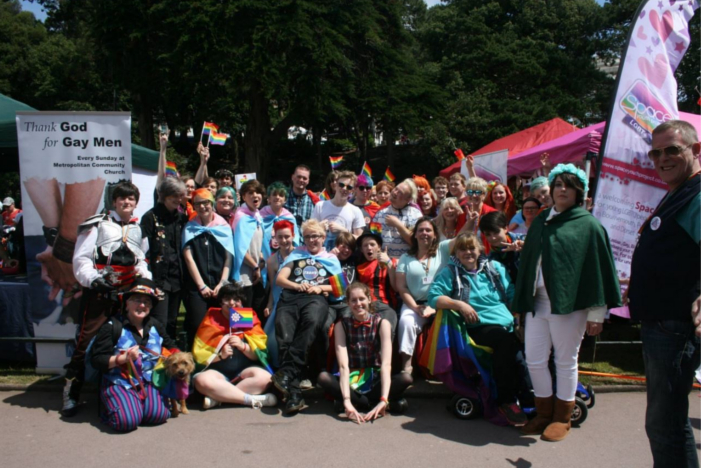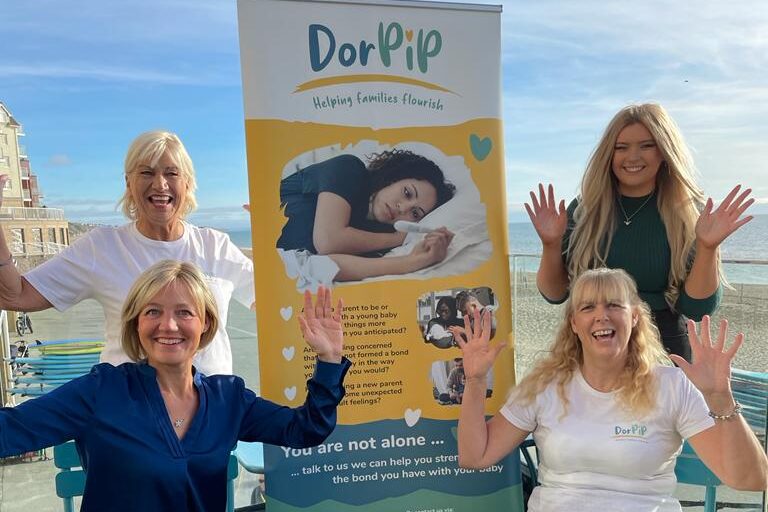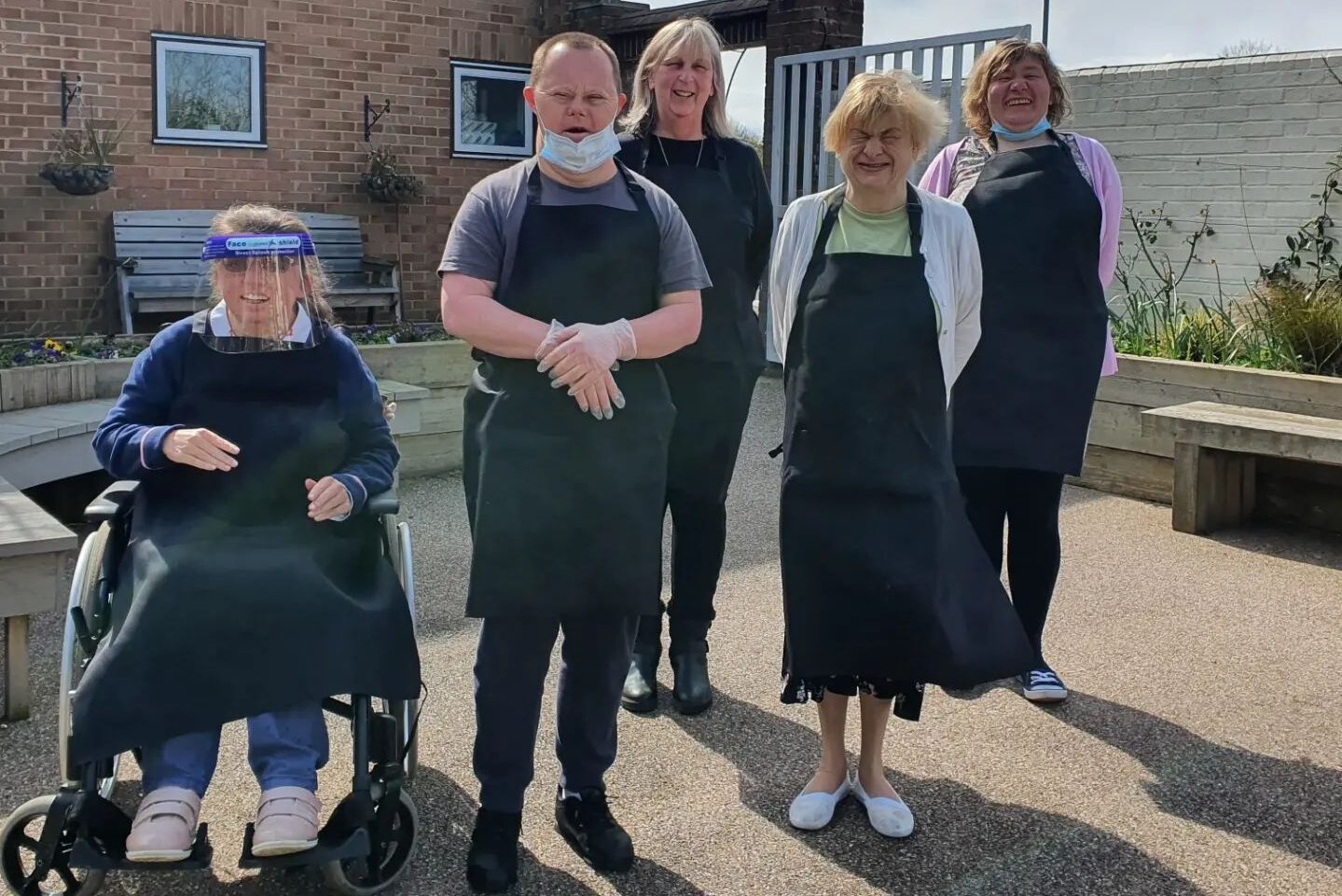General guidance and resource hubs
NCVO (National Council for Voluntary Organisation) guidance for organisations on how to develop effective impact and evaluation practices.
The Centre for Charity Effectiveness (Cass Business School) developed ‘Tools for success: doing the right things and doing them right’ for small voluntary and community organisations. The twelve ‘Tools for success’ guides includes an Impact Assessment guide.
Think NPC (New Philanthropy Capital) works with charities and funders to help them to achieve the greatest impact for beneficiaries and society. Publications include:
- Keeping Us Well: How Non-Health Charities Address the Social Determinants of Health
- Towards an Evidence-Led Social Sector
- Focusing on Impact: What do Trustees Need to Know?
Big Society Capital have developed an Outcomes Matrix with outcomes and measures for nine areas and fifteen beneficiary groups. This is a free tool for organisations to use to plan and identify the outcomes that will help them to measure their social impact.
Organisations offering bespoke support to voluntary sector groups
The Coalition for Efficiency aims to help other social sector organisations to become more efficient and effective. It runs ‘Measuring the Good’, a skills-based volunteering programme which connects skilled volunteers with charities and social enterprises that need help to identify and develop the way they measure and manage their impact.
Pro Bono Economics (PBE) helps charities and social enterprises understand and improve their impact and value. PBE matches highly skilled economist volunteers with charities that need this expertise to measure performance, improve their services and improve outcome measurement. PBE is open to enquiries and applications from charities at the start of each year.
Tools and resources for particular themes
Community Regeneration
Prove it! developed an impact measurement toolkit to make it easier for organisations running community regeneration projects. The Prove It! toolkit includes instructions for running participative workshops, impact mapping, designing questionnaires and using data.
The Centre for Youth Impact has a Resource Hub including:
Employability Skills
Measuring Employability Skills The NCB (National Children’s Bureau) conducted a review in 2012 of evaluation tools used for projects that aim to enhance young people’s employability skills. This review identifies the range outcomes and indicators in use and reflects on their advantages and limitations.
Youth Employability Skills Review This review conducted by Youth Employment UK in 2017 explores a unified set of skills for young people.
Loneliness
Loneliness Measurement Guidance The Campaign to End Loneliness has developed guidance on measuring loneliness.
Testing Promising Approaches to Reducing Loneliness Age UK tested the simples of these- the Three-Item Loneliness Scale – and the results can be found in this report.
A Brief Guide to Measuring Loneliness for Charities and Social Enterprises The What Works Centre published this guide with advice on how to have conversations about loneliness.
Lonliness Guide The What Works Centre for Wellbeing page also includes the New Philanthropy Capital guidance developed for the Co-Op Foundation’s Building Connections Fund and are also helpful for other projects working on reducing loneliness.
Wellbeing
The Five Ways to Wellbeing were developed by the New Economics Foundation in 2008 as a set of “evidence-based public mental health messages aimed at improving the mental health and wellbeing of the whole population”.
Five Ways Challenge Dorset Community Action and LiveWell Dorset have developed a Practitioners’ Guide to using the Five Ways to Wellbeing.
Measuring National Well-being: Domains and Measures The Office for National Statistics’ Measuring National Wellbeing programme measures national wellbeing in ten areas, using both objective and subjective data.
Early Intervention
EIF Maturity Index: Maternity and Early Years The Early Intervention Foundation has developed a range of tools and resources available for organisations working on early intervention programmes, including the Maturity Matrix, a self-assessment tool to measure the progress of work
The EIF Evidence Standards and the EIF Guidebook are also available.
Community Cohesion
This is no established approach on measuring community cohesion, but work is currently being done on this area.
A report by Goldsmiths College and Praxis Community Projects includes some Community Cohesion indicators taken from Oldham Council’s toolkit.




